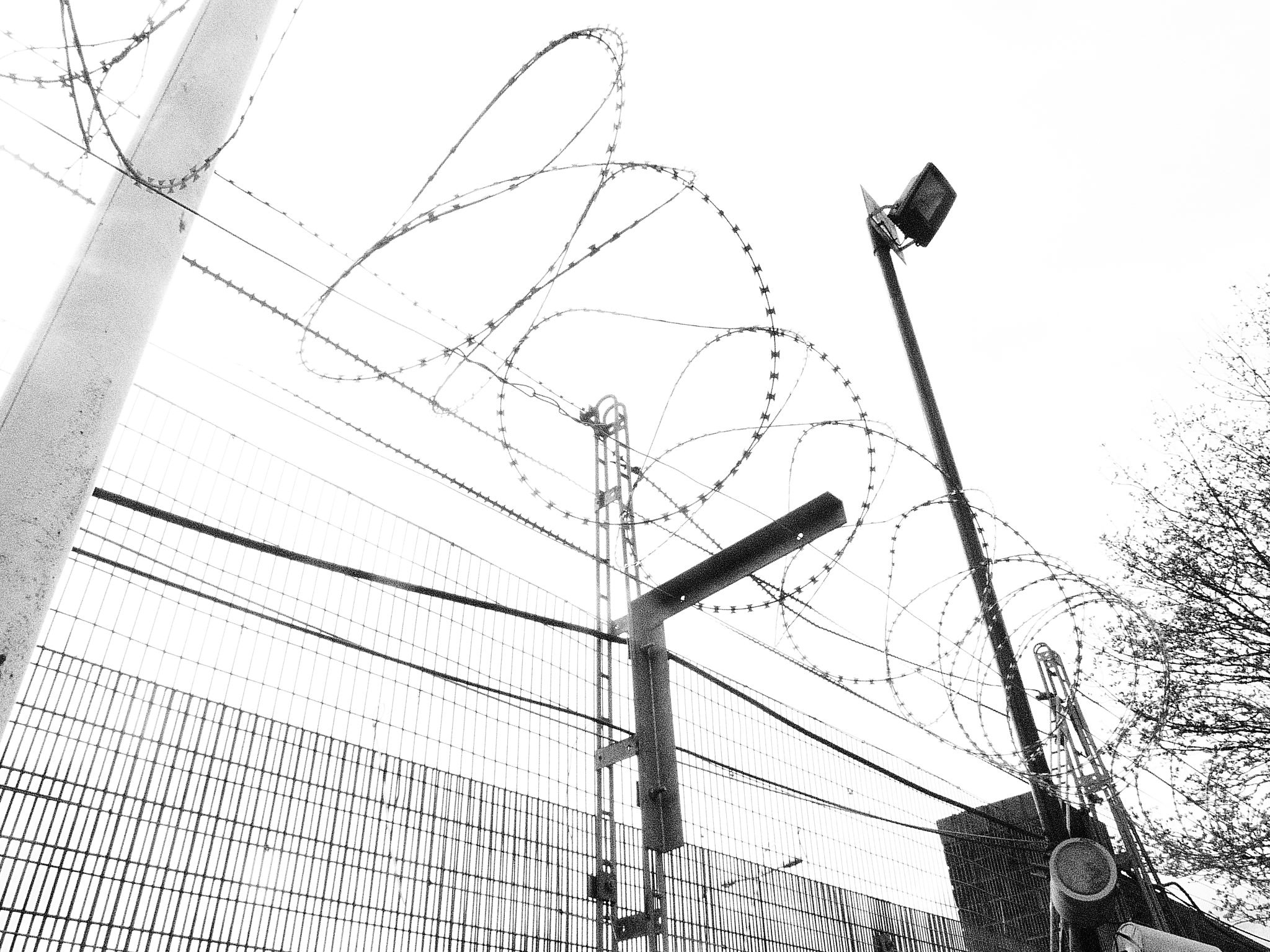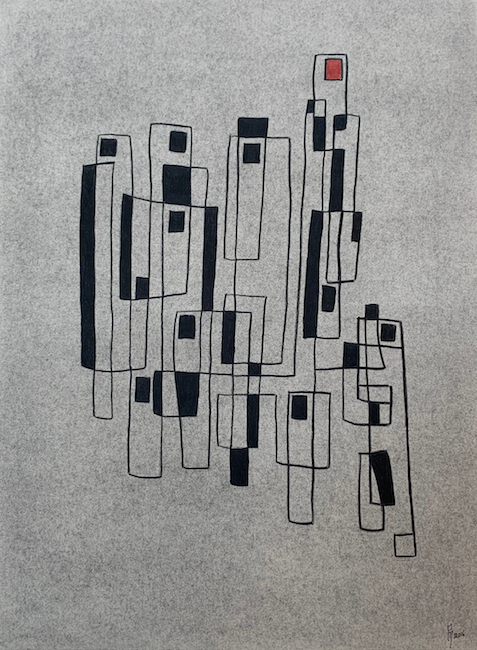Jon Robins explores the case of Clive Freeman, who was jailed in 1989 for murder but has always protested his innocence and is now mounting a fourth attempt for his guilty verdict to be reconsidered.
Clive Freeman was sent to prison in 1989 for the murder of an alcoholic drifter whose charred remains were found in his burnt-out flat in Rotherhithe, south London. He has always protested his innocence and is now one of the country’s longest-serving prisoners.
But, the 76-year old has one final chance to clear his name. “I promised my wife I would only leave prison as a justly acquitted I man,” Freeman told me last month. “I’m a man of faith. My word is sacrosanct.” Diagnosed with prostrate cancer in 2012, he is terminally ill and currently being treated with radiation therapy.
If Freeman is to overturn his conviction, the miscarriage of justice watchdog must send his case back to the courts. His lawyers have now made a fourth application to the Criminal Cases Review Commission (CCRC) to do this.
“I am an embarrassment to them,” Freeman said. “They’re waiting for me to die. I was imprisoned under the Mugabe Government under the emergency powers legislation and without a trial. I got more justice from Mugabe than I ever got from the CCRC.”
From Rhodesia to London
Clive Freeman was born in Salisbury, Rhodesia in 1943 and was forced to flee Zimbabwe (as it became) for London 43 years later. A successful businessman living the high life in the days of white rule in Rhodesia, he lost everything when Robert Mugabe came to power.
Freeman, a brilliant horseman, joined a Rhodesian mounted infantry unit known as the Grey Scouts to fight the insurgents. After independence, he was involved in a plot to undermine the new political regime.
Freeman was heartbroken to leave his family, drinking heavily and most likely suffering post-traumatic stress disorder. He had witnessed comrades die in what was known as the Bush War and ended up on death row for 90 days at Chikarubi maximum security prison before being transferred to Salisbury prison, in which he was locked up for five months for 23 hours-a-day with 42 inmates in a cell built for eight.
He was in a desperate state when he arrived in London. Instead of writing letters, he would exchange recorded tapes with family and friends. Much of the evidence used against him was in the form of transcripts of drunken ‘stream-of-consciousness’ rants in which Freeman told his brother that he was contemplating suicide, rearranging his insurance and thinking about a fraudulent claim. He thought he had bowel cancer and was concerned that its discovery would invalidate his policy.
And then, Freeman contends, Alexander Hardie set himself on fire leaving a (cancer-free) corpse in his flat. Just before, Freeman changed his name and, on the day when the body was discovered, he left the country. The jury took less than an hour to convict.
The ‘Burking’ Theory
When I put it to Freeman that it all sounds too great a coincidence, he insisted that’s exactly what it was: “a coincidence”. “It didn’t happen how they told it at court,” he said.
Freeman told me that he hadn’t ‘fled’ London, but had been arranging his departure for months and that his name change was because he planned to return to Zimbabwe without attracting the attention of the new regime. He said he also needed to change his life insurance because the political volatility in Zimbabwe had rendered his old policy worthless. He said his threats of suicide was a mixture of despair and inebriated attention-seeking and that, more than anything, he wanted his wife back.
Freeman did not take the stand at his trial so the jury didn’t get to hear his side of the story. He chose not to because he thought he had a watertight alibi: he had stayed in a hotel on the night Hardie died and the receptionist gave evidence that he would not have been able to leave the hotel and re-enter without her noticing.
Freeman was clearly in a bad way in London, but was he so out of his mind to think that he could have gotten away with it? Hardie made an improbable body-double. Freeman was a big man, over six foot and 15 stone; whereas Hardie was five foot seven, less than 10 stone and missing a finger. Then there was the bizarre medical evidence. The Crown alleged that Hardie had been murdered by a technique known as ‘burking’ – described by the judge as “kneeling on the chest with his knees and hands to make sure that no breath goes into the lungs”. It owes its name to Burke and Hare who murdered 16 people in the 19th Century to supply unmarked cadavers to medical students in Edinburgh.
The jury had to choose between diametrically opposing views. Dr Richard Shepherd, just two years into his career as a pathologist, came up with the eye-catching ‘burking’ theory. But this was countered by another pathologist of 44 years’ experience who offered the more prosaic alternative that Hardie’s heart gave way as a result of drink and drugs. Dr Shepherd told the court that Freeman would have learned the technique in the Grey Scouts but – as the new application to the miscarriage of justice watchdog makes clear – there has never been any evidence submitted to support that notion.
The CCRC application contains new support from four experts adding to the evidence submitted to it by six pathologists over the past decade rubbishing the ‘burking’ theory. Freeman’s legal team are especially critical of the Commission’s failure to instruct an independent pathologist to review the medical evidence.
Three years ago, eight new boxes of paperwork to do with Freeman’s case were explored. This process revealed Dr Shepherd’s notes from a first post-mortem, recording the most probable cause of Hardie’s death as alcoholism and acute pancreatitis. Nine days later, he had changed his mind and found bruising cited in support of the ‘burking’ theory. The jury did not hear this evidence.
Father Hugh Sinclair first met Freeman in 1989 as s chaplain at Wormwood Scrubs Prison. “For me, his innocence seems obvious,” he told me. “The Birmingham Six, Guildford Four and Carl Bridgewater defendants were all under my pastoral [care]. You develop a sixth sense. It’s difficult to keep telling lies in prison and expecting people to believe them.”
Clive Freeman is due for a Parole Board hearing next month, which will determine whether he can be safely released back into the community. “They used to ask me ‘are you in denial?’,” he said last month. “In 1998 my wife was dying and they said ‘if you changed your stance you’d be out in 18 months’… But how could I? I am an innocent man.”
This article first appeared on the Byline Times here.








